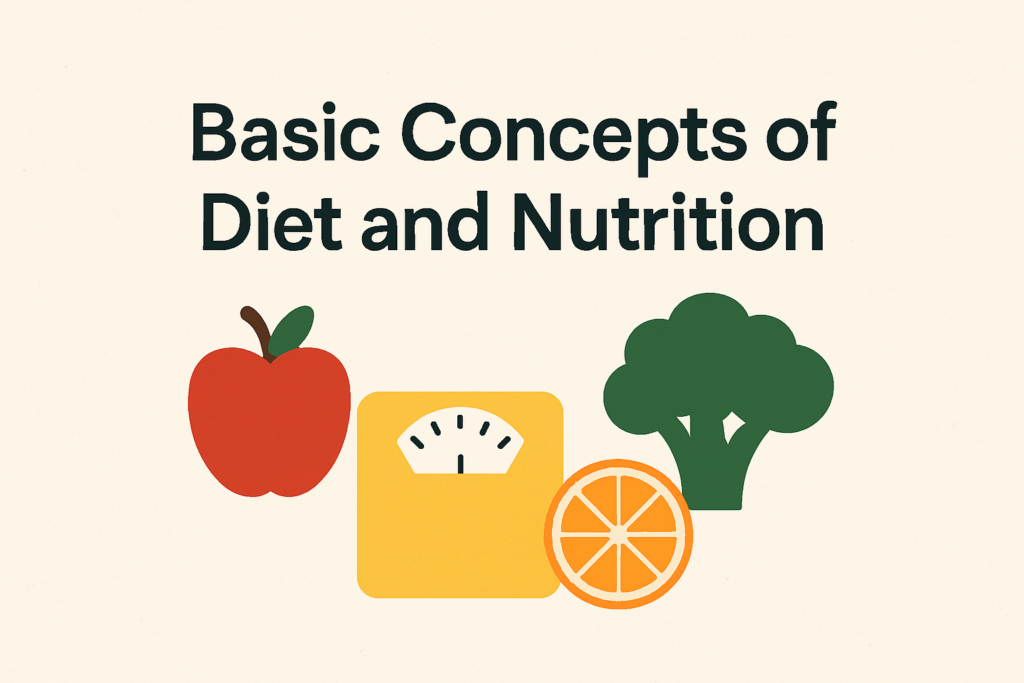Diet
A diet refers to the total food and drink intake of a person over a specific period. It can be influenced by cultural, religious, economic, and health factors, as well as personal goals such as weight management, improved physical performance, or medical needs.
A balanced diet includes a variety of macronutrients (proteins, carbohydrates, and fats) and micronutrients (vitamins and minerals) essential for the body’s proper functioning. Depending on its purpose, a diet can be categorized as:
- Balanced Diet – Provides an optimal intake of nutrients based on general nutritional guidelines.
- Weight Loss Diet – Low in calories and often rich in fiber and protein to maintain satiety. Examples include the ketogenic diet, Mediterranean diet, and low-carb diet.
- Muscle Gain Diet – High in protein and complex carbohydrates to support muscle growth and recovery.
- Therapeutic Diet – Designed for specific medical conditions, such as a gluten-free diet for celiac disease or the DASH diet for hypertension.
Following a healthy diet is not just about calorie restriction but ensuring the right balance of nutrients to support an active and healthy lifestyle.
Nutrition
Nutrition is the biological process by which the body absorbs and utilizes nutrients from food to support growth, energy production, and overall health. It involves the intake of essential nutrients, including macronutrients (proteins, carbohydrates, and fats) and micronutrients (vitamins and minerals), which are necessary for maintaining bodily functions.
Good nutrition is fundamental to a healthy lifestyle, influencing physical well-being, mental health, and disease prevention. It includes:
Macronutrients – Provide energy and structural components for the body:
- Proteins – Essential for muscle growth and tissue repair.
- Carbohydrates – The main source of energy.
- Fats – Support cell function and hormone production.
Micronutrients – Vital for metabolic processes:
- Vitamins – Support immune function, vision, and skin health.
- Minerals – Essential for bone strength, nerve signaling, and hydration balance.
Hydration – Water is crucial for digestion, circulation, and temperature regulation.
Balanced Diet – A well-rounded diet includes a variety of nutrient-rich foods such as fruits, vegetables, lean proteins, whole grains, and healthy fats. Poor nutrition, on the other hand, can lead to malnutrition, obesity, or chronic diseases like diabetes and heart disease.
Proper nutrition is essential for maintaining overall health, boosting energy levels, and enhancing quality of life.


